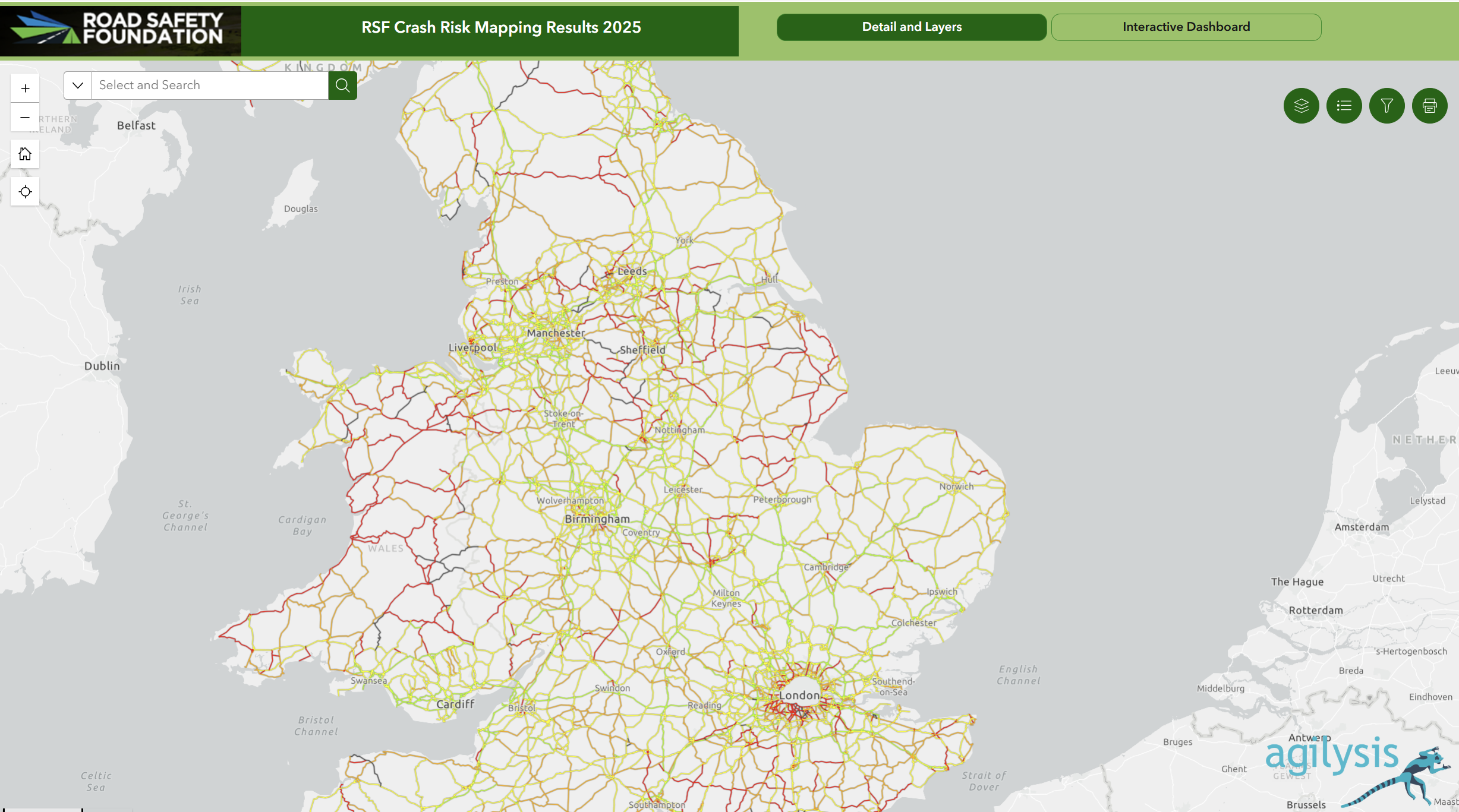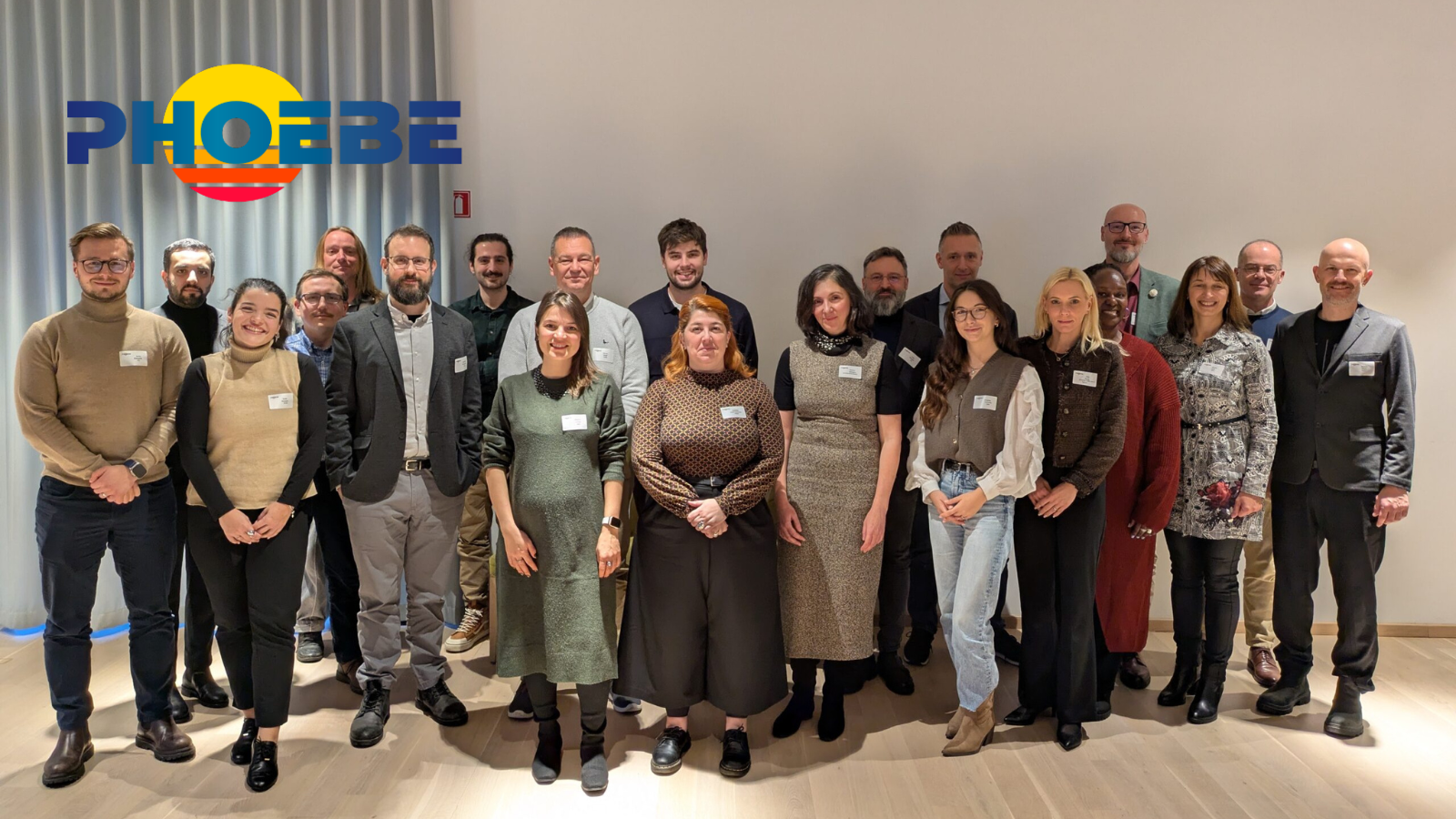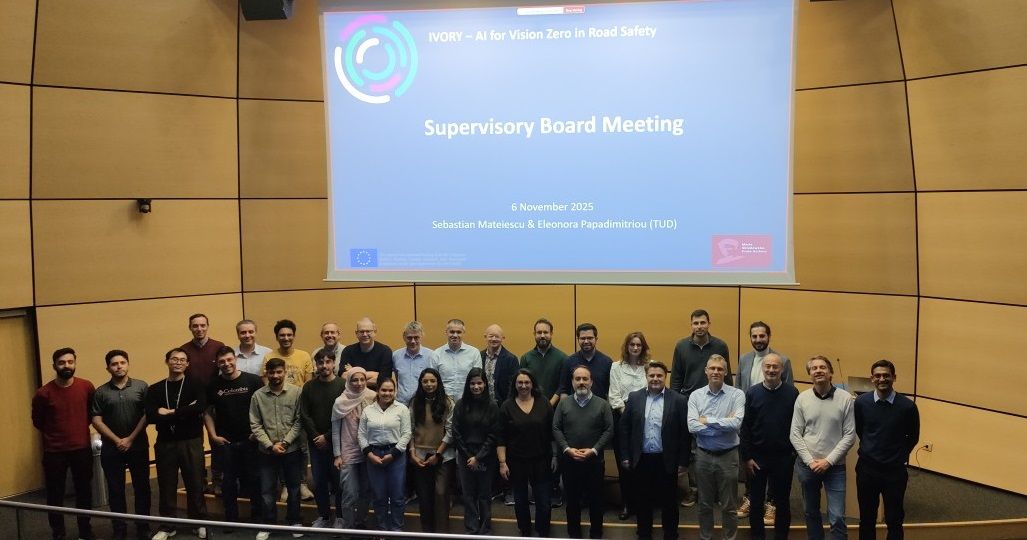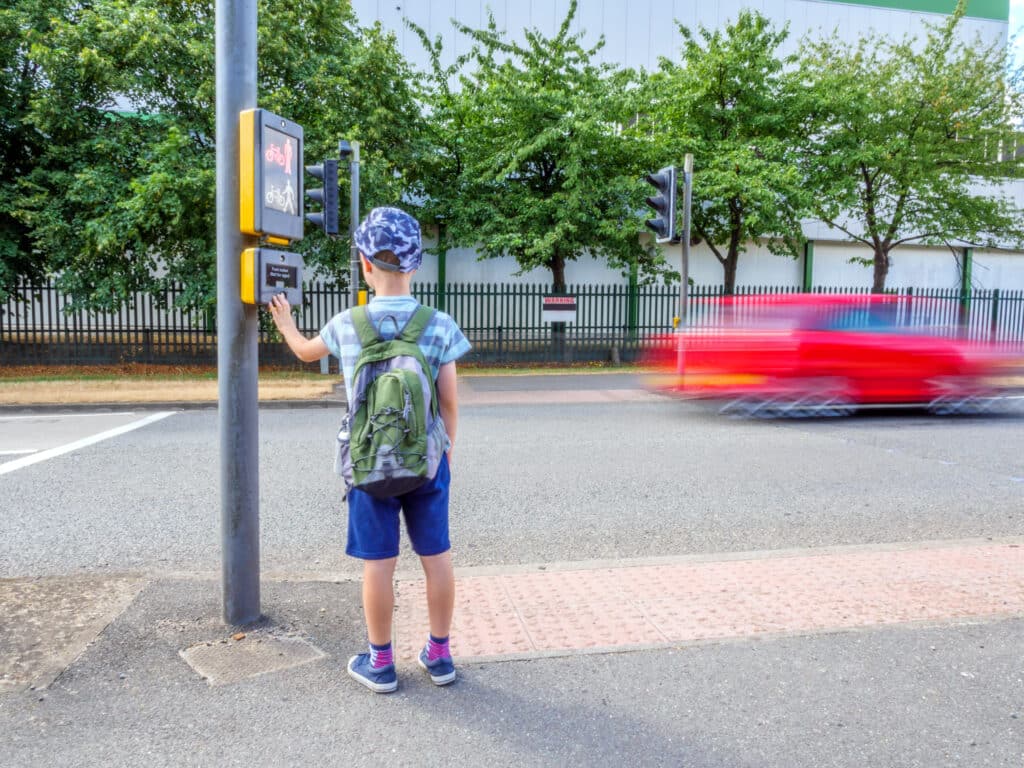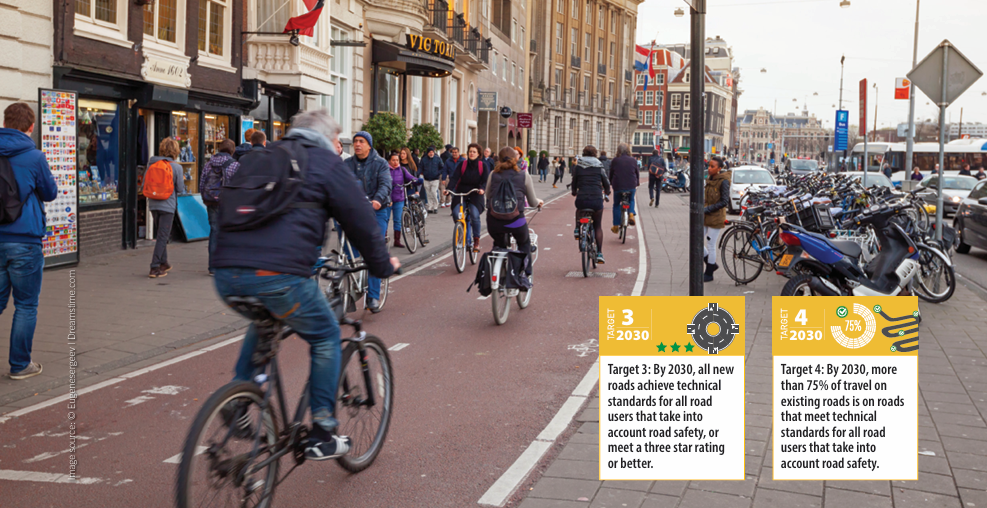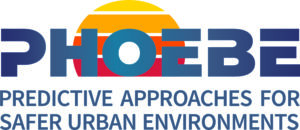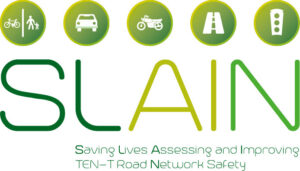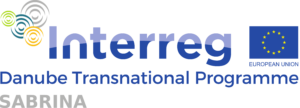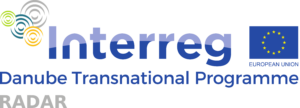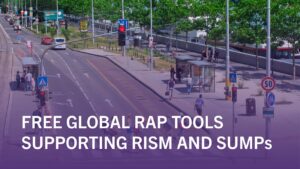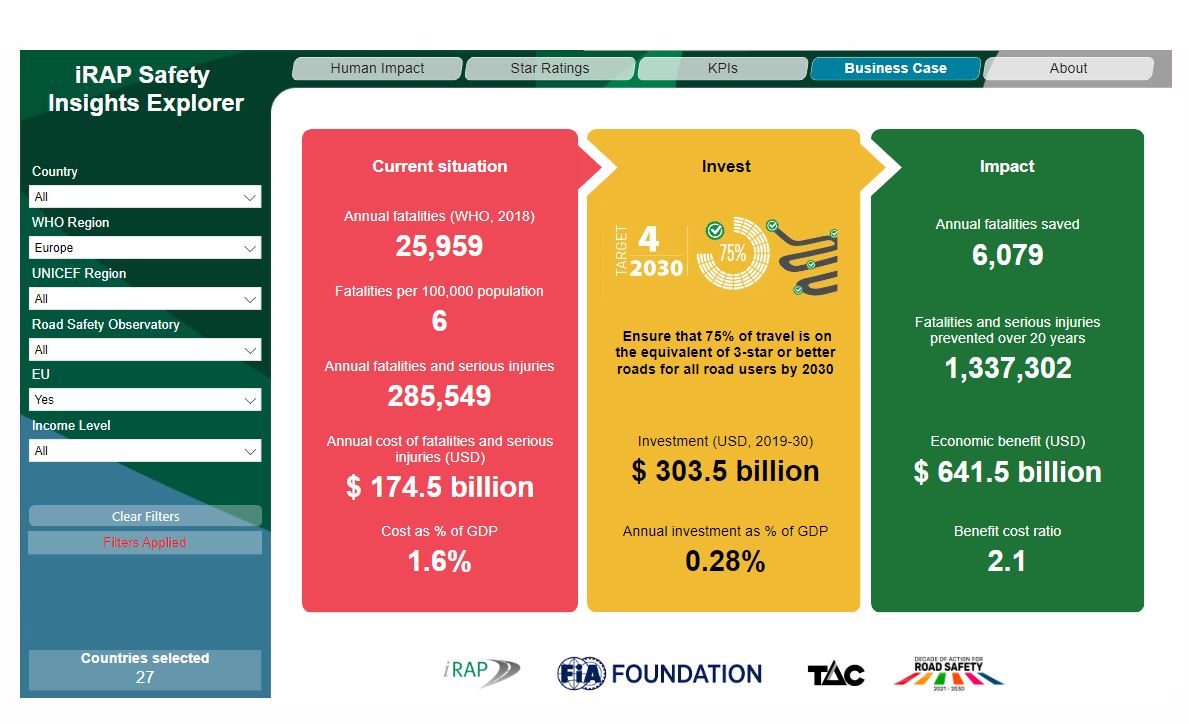
iRAP partner impact in Europe
The Road Assessment Programme (RAP) was founded by the leading European automobile clubs and safety charities working in partnership with their governments in the UK, Netherlands and Sweden. Since 2002, application of the iRAP methodology and tools has helped to eliminate high-risk roads across the region.*

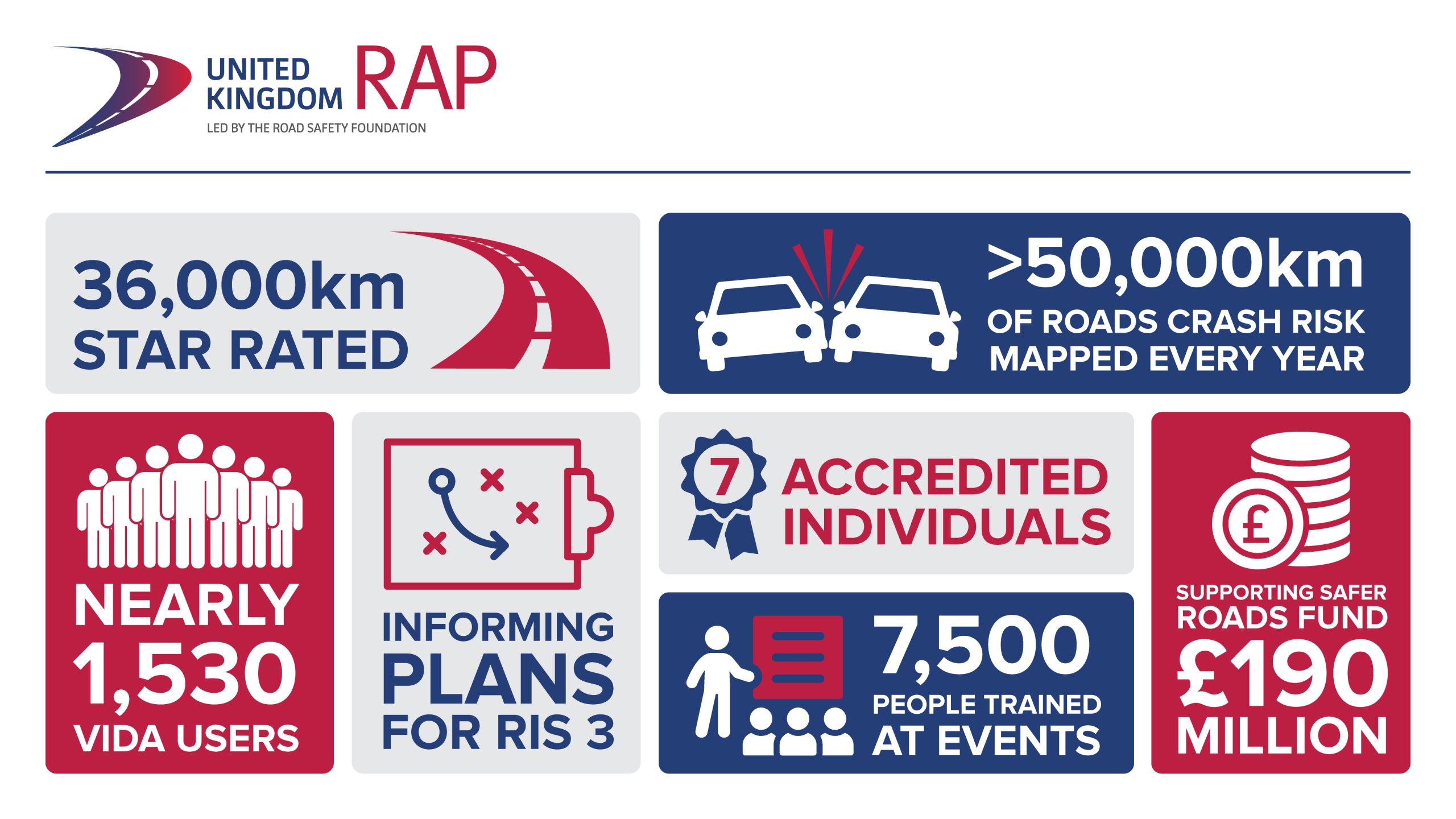
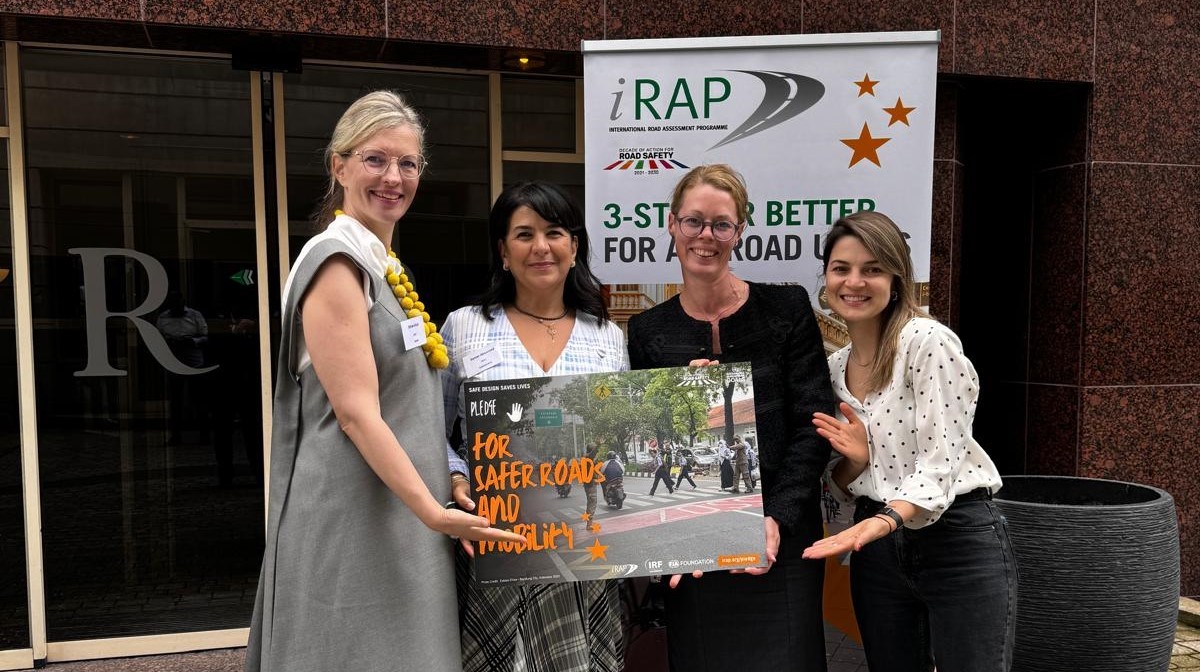
Latest news from Europe
To see all RAP in Europe News, click here
Quick links
-
- See the Europe 2024 Event Summary and presentations
- Download the iRAP in Europe brochure
- Strategic projects driving road safety data and innovation
- Where we work and meet the team
- Case studies of success from Europe and worldwide
- How safe are Europe’s roads?
- Europe trends – challenges and opportunities
- RAP Resources for RISM
- History of iRAP in Europe
Strategic projects driving road safety data and innovation
Large-scale transnational projects have helped to inform the safety of Europe’s road network, fostered collaborative partnerships and helped to drive innovation in the iRAP model and tools for regional and global benefit.
Where we work
Download a summary of iRAP partner activity in every European country here
Policies into practice
Many countries are prioritising the safety of their road infrastructure by embedding 3-star or better safety targets in policy, aligned to UN Global Road Safety Performance Targets 3 and 4. A number of European countries have National Road Safety Strategies and Action Plans that include 3-star or better targets for safe road infrastructure.
- Croatia: 2021-2030 Croatia National Road Safety – Plan All new roads and existing roads carrying 75% of traffic to meet 3-star rating for all road users.
- Greece: 2021-2030 Greek National Road Safety Plan – 65% of TEN-T network to be greater than or equal to 3 stars by 2025 and 80% by 2030.
- United Kingdom: 2022 National Highways Strategic Road Network Star Rating Report – 96% of travel on National Highway’s network was on roads rated 3-stars or better in 2020, exceeding targets.
- United Kingdom: Institute of Environmental Management and Assessment (IEMA Guidelines) – Use iRAP Star Ratings to model road safety levels for all road users for Safe System application.
- Georgia: 2022-2025 Georgia National Road Safety Strategy – The systematic compilation of the Risk Mapping and Safety Rating of roads, and proactive assessment and more traditional reactive analysis of high concentration areas (black spots), are effective mechanisms for assessing the quality of road safety and related investments.
- Slovenia: 2013-2022 Slovenia National Road Safety Strategy – In accordance with European Directive 2008/96/ EC, a systematic verification process of road infrastructure security should be applied. As one of the suitable tools, RAP should be implemented.
To view these policies, other global examples and sample infrastructure targets for inclusion, visit irap.org/policies-into-practice
How safe are Europe’s roads and the Business Case for Safer Roads
The iRAP Safety Insights Explorer shines a light on the true scale of road crashes, the safety of the world’s roads, and the positive impact that can be made with investment.
Europe Team
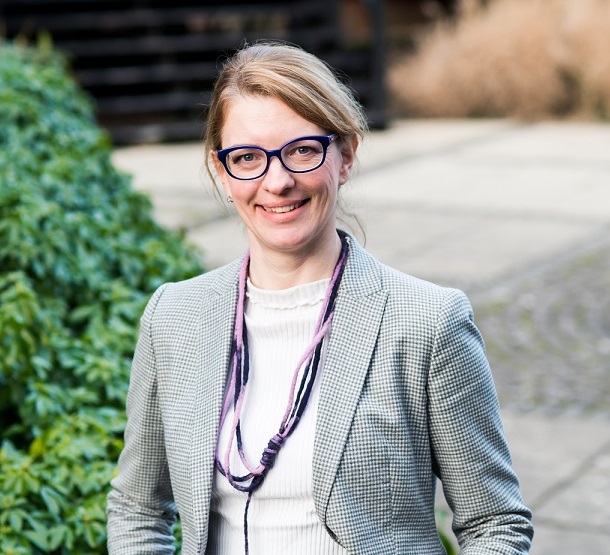
Olivera Rozi
iRAP Safer Journeys Lead for Europe
Click to email

Samar Abouraad
iRAP Global Safer Journeys Specialist
Click to email

Racheal Nganwa
iRAP’s Project Management Coordinator – Europe
Click to email
European Institute of Road Assessment
Visit website

Marko Sevrovic
Senior Road Safety Expert,
European Institute of Road Assessment
Click to email

Alenka Volk
Project Financial Support Manager,
European Institute of Road Assessment
Click to email
Looking for someone?
Click here and meet the whole iRAP team across the world
Europe trends – challenges and opportunities
The history of RAP in Europe
On November 7, the EuroRAP General Assembly took an historic step and unanimously voted for the dissolution of the EuroRAP entity. After 21 years of existence, the RAP programme in Europe is now being integrated into iRAP, the International Road Assessment Programme.
EuroRAP members have been instrumental in laying the foundation and inspiration for the Global Programme, which is now active in nearly 130 countries.
Today, with this integration, RAP partners across Europe will benefit from having a streamlined administration and a more productive use of donor and partner resources.
The integration does not affect how you can make use of the iRAP tools, methodology, and resources which are already in extensive use across the region. These will remain freely available, as they currently are worldwide, for the benefit of all in road safety. Most importantly, the integration leverages iRAP’s well-established organizational structure, shaped around innovation and development, programme support, and delivery of strategic projects.



